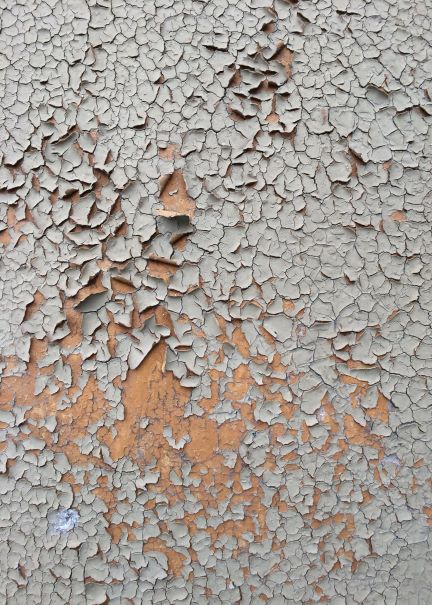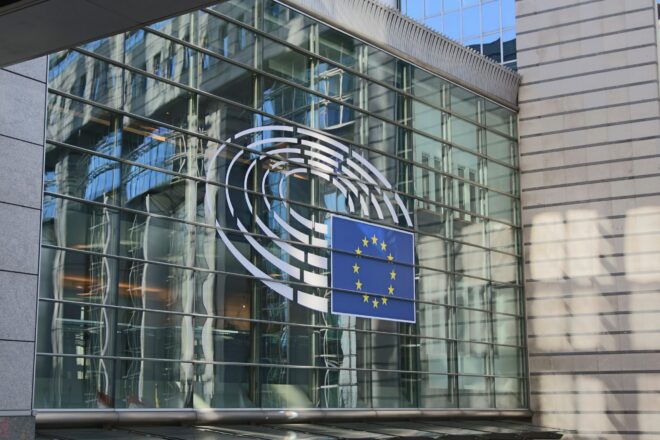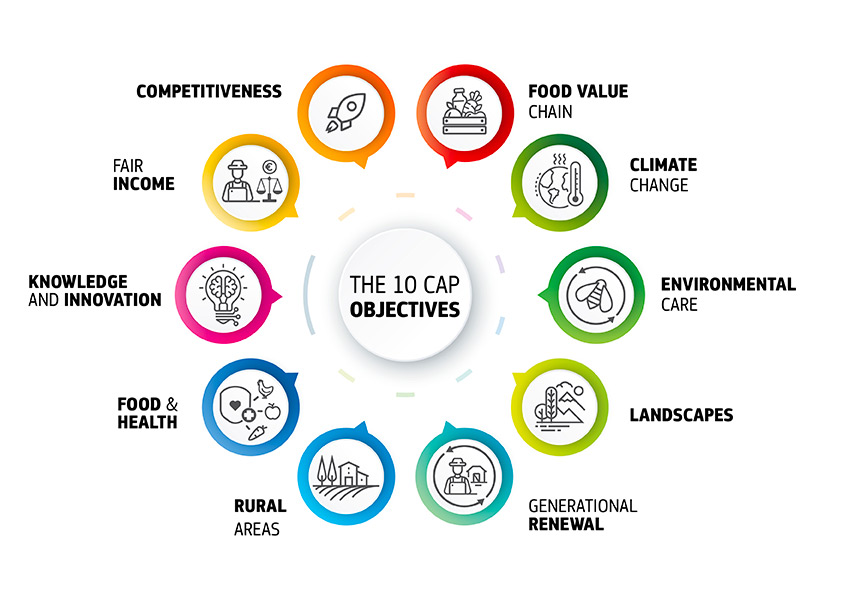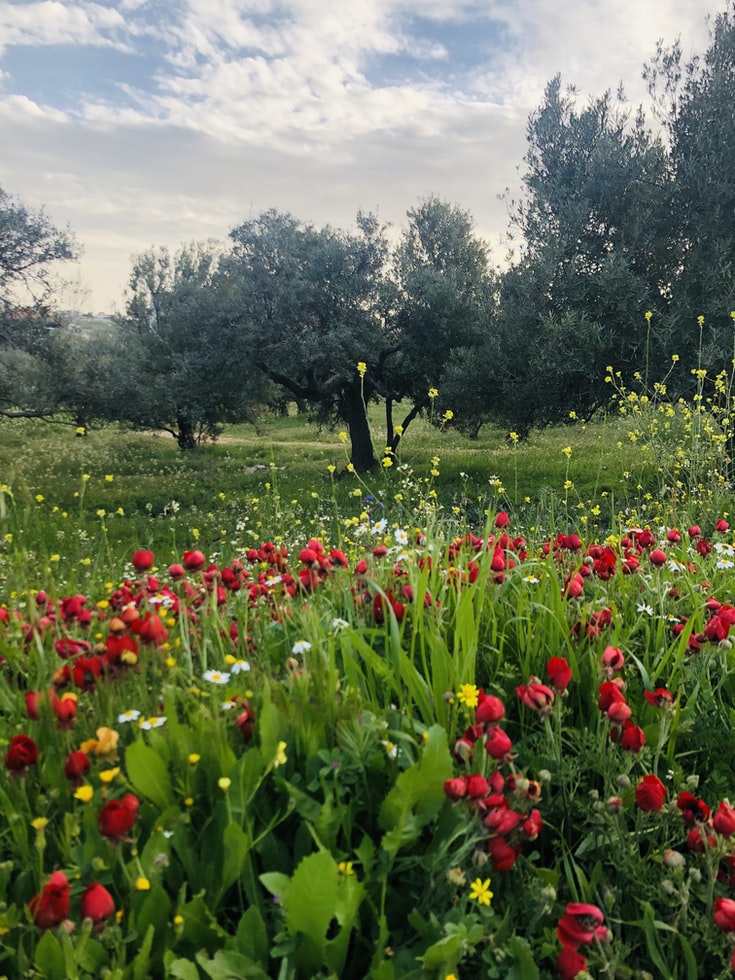
Can olive oil help regenerate my skin?
Olive oil has been used in body care since ancient times. Even in ancient Egypt, olive oil was used for

Environment, climate, targeted supports, and flexibility. The new Common Agricultural Policy (CAP) of the European Union (EU) was adopted last year and will come into force in 2023. As small olive oil producers, our suppliers also receive agricultural subsidies from the EU and we ask ourselves: What will change? And how will this change affect the Sicilian small farmers? Our aim is not to explain each of the new measures. Rather, we want to help you understand what impact the changes could have on small farmers, for example here in Sicily.
The new CAP wants to be fairer, which means there will be fewer direct payments. CAP funding is based on two pillars that distribute money differently. The first pillar is direct payments as income support, which remunerate farmers based on the size of their land and their production volumes. The principle is simple: more land, more direct payments. The second pillar of the CAP relates to rural development and thus aims to improve the competitiveness of agriculture and forestry, climate protection, resource conservation, and the strengthening of rural areas in general (EU COMMISSION). From 2023 onwards, payments will increasingly be made through the so-called second pillar of the CAP. (1)
Remuneration through the second pillar is intended to create incentives for farmers to do more for environmental protection and environmentally friendly production methods. In addition, direct payments are to be linked to certain conditions in the future, such as the maintenance of fair labour conditions along the food production chain. Young people and women should also be given more support to enter agriculture in order to counteract the decline of farms. 
Key policy objectives of the new CAP
We are pleased with the shift in EU agricultural policy towards more sustainable agriculture and the much needed attention to social justice. However, we have been wondering what impact this shift away from direct payments will have on small farms.
Small farms today are largely dependent on direct payments from the EU, which often serve as the main source of income due to low prices for agricultural products. (2) This is because wholesale prices for olive oil are already below production costs without environmental protection measures being taken into account. What changes are necessary to help smaller farms to benefit successfully from the second pillar?
With the new Common Agricultural Policy, the EU finally wants to make its contribution to achieving the climate goals. In future, direct payments will be increasingly linked to compliance with certain environmental protection conditions, for example relating to soil health or the protection of biodiversity. The use of ground covers or the establishment of flowering strips come to mind here.

At least 25% of the budget for direct payments should be set aside for so-called eco-schemes. These eco-schemes are financed by the EU, but are to be implemented in a decentralised manner in the individual member states. In this way, each country makes a selection of possible environmental protection measures, from which the farmers can then freely choose which ones they want to implement in order to compensate for the loss of income due to the reduction in direct payments.
The European Commission advocates voluntary schemes. This is to increase the likelihood that farmers will actually adopt sustainable practices. Research suggests that farmers are more likely to adopt organic schemes if they actively choose to do so rather than being forced to do so. Examples are sustainable farming methods, but also the improvement of livestock husbandry practices. It is inevitable that these measures will lead to higher prices of agricultural products.
This is bad news for most consumers in Europe. Fortunately, more and more consumers are now paying attention to sustainable origin, production, quality and packaging materials. (3) Consumer preferences are seen as one of the most important drivers for a change in the food system towards more sustainability. However, this must also be reflected in an increased willingness to pay, so that the higher costs of environmental protection measures can be recouped. It is the joint task of the institutions, such as the EU and its member states, and the producers to raise consumer awareness and thus understanding for higher prices. It is essential to bring consumers along on the path to a sustainable food system and to reconnect them with producers.
At il circolo, we make a point of showing our olive oil-loving friends what we are doing to protect the environment, pay workers fairly and contribute to the reconstruction of Sicily’s cultural heritage, thus generating great acceptance for our prices.
We have learned through our own experience that there is often a lack of well-trained professionals at the local level. Most farmers need professional support to apply for EU payments under the second pillar. The process is unfortunately still extremely bureaucratic and time-consuming. It is also not uncommon that while professional support is available, it is not sufficiently well trained in terms of possible measures to promote sustainability to successfully complete the application. For small farms, like many of the surrounding olive oil producers, it is therefore essential to strengthen the local support systems with trained professionals. We fear that the income situation of local smallholders will deteriorate before they receive good professional support to meet the environmental conditions that allow them to receive subsidies.
Another concern of the new CAP is to improve the position of farmers in the supply chain. This is about strengthening the bargaining power and promoting the competitiveness of small producers. With this aim in mind, the CAP specifically promotes cooperation between farmers in the form of cooperatives and producer organisations. Agricultural cooperatives can have a significant impact on cost sharing, training and the practical introduction of environmentally friendly measures (5, 6).
Cooperation is crucial, for example, for joint processing, storage and quality control, as economies of scale can often be benefited in these areas. In Sicily, cooperatives are already an important element for the marketing of almonds and carob fruits, which are mostly sold unprocessed to wholesalers. For these products, neither the exact time of harvest nor rapid processing is decisive for quality and price. In olive oil production, however, farmers are standing in their own way due to a persistent lack of trust. Many are worried about losing their freedom in the cooperatives and, for example, not being able to decide for themselves when to harvest. There is also often great doubt as to whether it is even possible to profit from the common resources without the help of a lawyer.
Environmentally friendly, climate-friendly, targeted subsidies and flexible – the new CAP wants to achieve many things. We are convinced that special attention must be paid to the effects of the changes, especially in rural areas with smallholder structures. In the short term, investments should prioritise the training and strengthening of local structures, such as cooperatives and skilled personnel.
If you personally want to support Sicilian smallholders, you can support our project and buy our organic olive oil. If you are interested, you can find our organic extra virgin olive oil and deliciously flavoured olive oil in our webshop. We import the olive oil ourselves from Sicily and can therefore guarantee the best quality. Take a look at our webshop and get to know our products!
Sources:

Olive oil has been used in body care since ancient times. Even in ancient Egypt, olive oil was used for

We cook with extra virgin olive oil! We have found that olive oil is at its best in simple dishes

It is impossible to imagine cooking without olive oil. Although people in the North also cook a lot with butter,

il circolo V.O.F.
Tacituslaan 7
3584AP Utrecht
Netherlands
[email protected]
tel: +31 (0)6 42254141
KvK/HRB: 74704257
BTW/MwSt: NL859998502B01
5 euro discount on your next purchase?
Sign up for our newsletter with tasty recipes and interesting background stories about il circolo olive oil and receive a discount code for yourself and your friends (displayed after email confirmation).
This website uses cookies so that we can provide you with the best user experience possible. Cookie information is stored in your browser and performs functions such as recognising you when you return to our website and helping our team to understand which sections of the website you find most interesting and useful.
Strictly Necessary Cookie should be enabled at all times so that we can save your preferences for cookie settings.
If you disable this cookie, we will not be able to save your preferences. This means that every time you visit this website you will need to enable or disable cookies again.